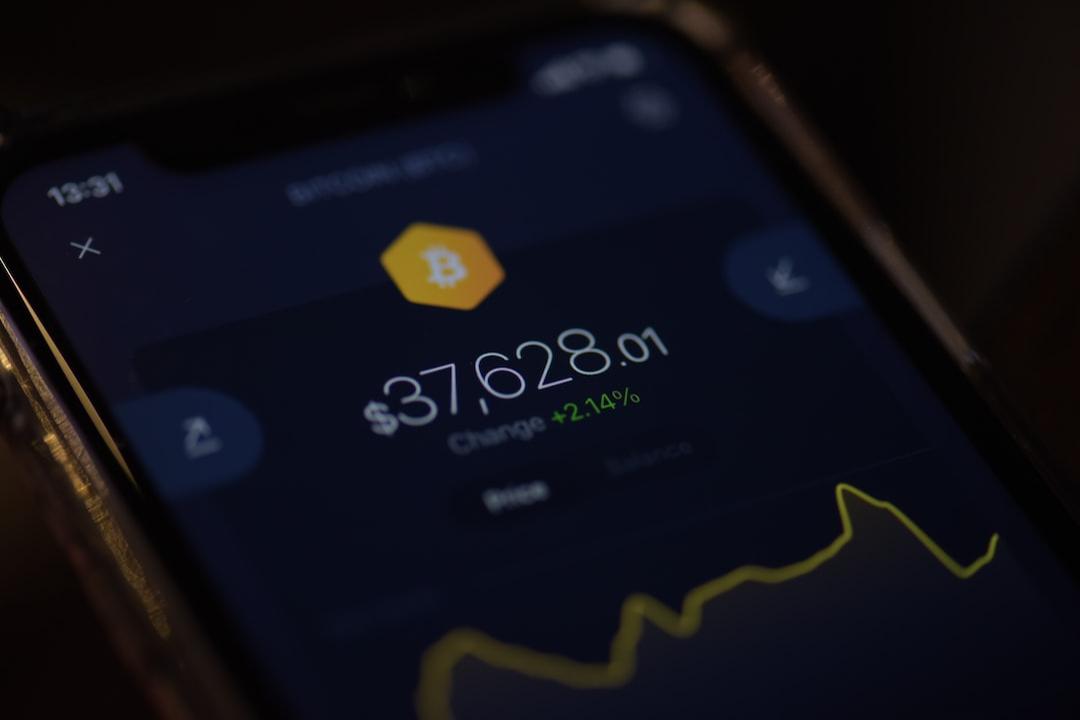Bitcoin Reserve Debate: U.S. Government’s Role in the Cryptocurrency Market
Bitcoin continues to gain attention in both investment and regulatory circles, many cryptocurrency enthusiasts have been hopeful that the U.S. government will play an active role in the market by purchasing Bitcoin for its reserve. This idea gained traction after President Donald Trump issued an executive order in 2023, directing the creation of a Bitcoin reserve within the U.S. Treasury. However, recent commentary from a Bloomberg legal analyst has cast doubt on this vision, suggesting that there is only a 30% chance of the U.S. government purchasing additional Bitcoin in 2025.
The Executive Order and the Reserve
In March 2023, President Trump signed an executive order that instructed the U.S. Treasury and the U.S. Commerce Department to investigate and pursue “budget-neutral strategies” to establish a Bitcoin reserve. The reserve would be composed primarily of assets seized in various operations, particularly related to criminal activity, and would be managed by government agencies. However, the exact nature of these strategies remains unclear.
The motivation behind the creation of such a reserve is the hope that U.S. involvement in the Bitcoin market would increase demand and legitimacy for the cryptocurrency, potentially driving up its price. Supporters of the move have argued that having a reserve could help stabilize Bitcoin in the eyes of the global financial system and serve as a major endorsement for its future prospects.
Despite the enthusiasm surrounding the reserve, the question of whether the U.S. government will add to its Bitcoin holdings remains open-ended. Bloomberg’s legal analyst, in a recent note dated March 21, 2025, emphasized that the likelihood of the U.S. government buying fresh Bitcoin for its reserve in 2025 is minimal.
The Analyst’s Perspective
According to the Bloomberg analyst, the chances of the U.S. government purchasing Bitcoin or any other cryptocurrency for its reserve in 2025 are “little,” with only a 30% probability. The analyst pointed out that while President Trump could have purchased Bitcoin for the reserve through mechanisms such as the Exchange Stabilization Fund (ESF), he did not do so. The ESF, a $39 billion fund that can be used to stabilize the U.S. dollar or provide foreign aid, is a potential avenue for government Bitcoin purchases. However, the analyst believes that this option is highly unlikely.
The Bloomberg analyst also stressed that any legislative efforts to codify Trump’s executive order into law are unlikely to gain traction. With a slim Republican majority in Congress and significant opposition from Democrats, the analyst argued that the chances of Congress passing any related bills before the mid-term elections in 2026 are minimal. This analysis is consistent with concerns voiced by some Democratic lawmakers, who have urged the U.S. Treasury to halt efforts to establish the Bitcoin reserve, calling it a move that could benefit political donors.
A More Optimistic View
Not everyone shares the pessimistic view offered by the Bloomberg analyst. Matt Sigel, Head of Digital Assets Research at VanEck, responded to the analyst’s assessment by placing the chances of the U.S. government adding to the Bitcoin reserve at 50-60%. Sigel’s outlook is based on the belief that despite political opposition, the U.S. government will eventually see the long-term value in holding Bitcoin, especially as it continues to become more integrated into the global financial system.
Bo Hines, executive director of the president’s crypto working group, has also remained optimistic, suggesting that there have already been numerous proposals on how the U.S. government can expand its Bitcoin reserve. Hines believes that these ideas will be implemented in due time, furthering the potential for U.S. involvement in Bitcoin.
The Ongoing Debate
The debate surrounding the U.S. government’s involvement in Bitcoin remains unresolved, and opinions on the issue vary widely. While the Bloomberg analyst’s assessment highlights significant hurdles, other industry figures remain hopeful that the government will eventually act on the opportunity presented by Bitcoin’s growing importance in the global economy. The upcoming political developments in the U.S. will likely play a crucial role in determining the future of the government’s Bitcoin strategy.
As 2025 unfolds, the fate of the Bitcoin reserve initiative and whether the U.S. government will increase its holdings of Bitcoin remains uncertain, but the conversation surrounding it continues to evolve, with many eyes on the next steps for the U.S. and cryptocurrency regulation.
Post Views: 5

